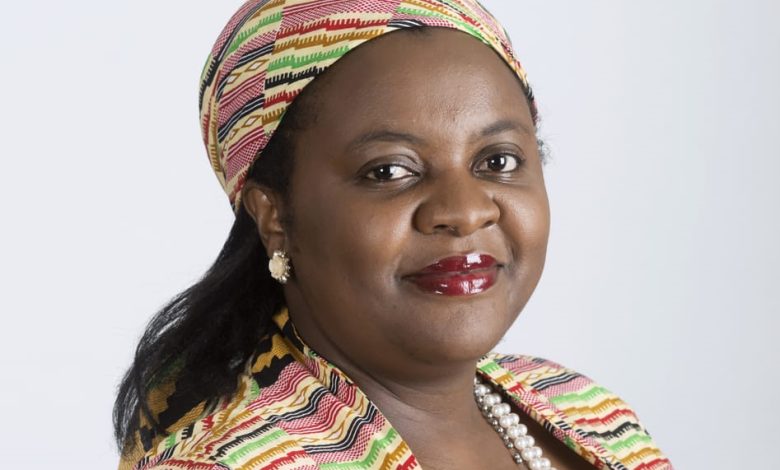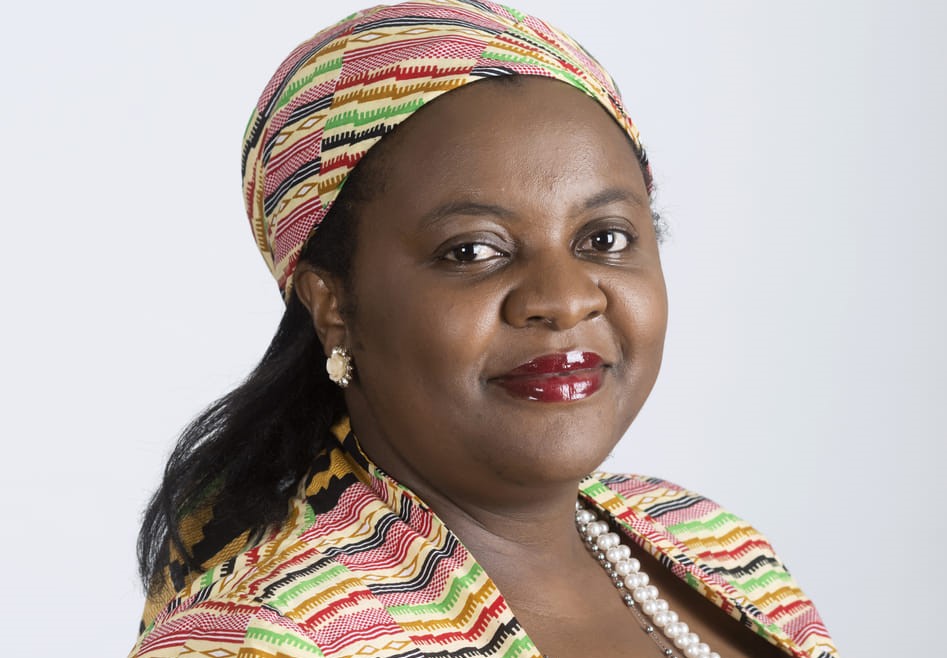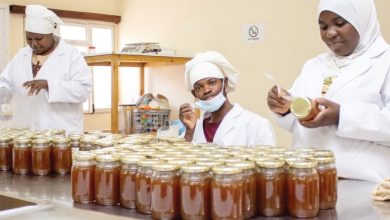Mixed feelings on Q3 performance

Malawi Confederation of Chambers of Commerce and Industry has described the third quarter (Q3) as mixed, saying positive trade facilitation initiatives were overshadowed by continued scarcity of foreign exchange and re-emergence of electricity load shedding.
In an email response on Wednesday to assess the performance of the economy in Q3, MCCCI chief executive officer Daisy Kambalame said businesses continue to face challenges due to macroeconomic lapses, particularly scarcity of foreign exchange, rising inflation and volatile exchange rate despite some positive developments.

Inflation rate is currently at an 11-year high of 33.9 percent while official foreign exchange reserves have dropped to just above one month of import cover.
But Kambalame said the finalisation of negotiations for the Simplified Trade Regime with Mozambique and the enactment of Micro Small and Medium Enterprises (MSME) Bill into law by Parliament are the positives, but lamented the outstanding economic challenges and continued power blackouts.
She said: “The enactment of MSME Bill by Parliament is expected to strengthen regulation and support for the sector, a key driver of the economy. Additionally, the Simplified Trade Regime framework between the governments of Malawi and Mozambique is set to facilitate cross-border trade, benefiting both economies.
Kambalame said the government’s push to promote railway infrastructure for fuel importation is anticipated to improve efficiency in supply of fuel and reduce operational costs.
She said foreign exchange shortages remained a critical issue, with manufacturers struggling to secure vital inputs for production.
Said Kambalame: “If the resurgence of load shedding continues, it poses significant risks for businesses. Load shedding forces companies to operate at lower capacity and increases production costs as many resort to alternative energy sources.”
Industry expert and Common Market for Eastern and Southern Africa Business Council president James Chimwaza said yesterday that there is need for dialogue between government and private sector on the foreign exchange issue and other economic challenges.
“While the third quarter has seen some challenges like the re-emergence of load shedding affecting the manufacturing and other energy-dependent sectors, we still remain optimistic despite the setbacks,” he said.
In a separate interview, Economics Association of Malawi acting president Bertha Bangara Chikadza, while highlighting the threat of re-emerging power challenges in the manufacturing sector, said there is still hope for the economy.
“The Reserve Bank of Malawi’s projection of 2.3 percent gross domestic product growth signals that other sectors are showing resilience and driving growth,” she said.
Meanwhile, Manufacturers Association of Malawi chairperson Gloria Zimba has said the persistent forex scarcity during the quarter heavily affected production as most industries operate at 50 percent.
She said: “We are facing a situation whereby although we have cash at the bank, we are delaying payments of our import bills because of forex challenges and other companies have since been blacklisted by suppliers because of the delays.”
The country requires $250 million a month to meet its import needs, according to the RBM.




